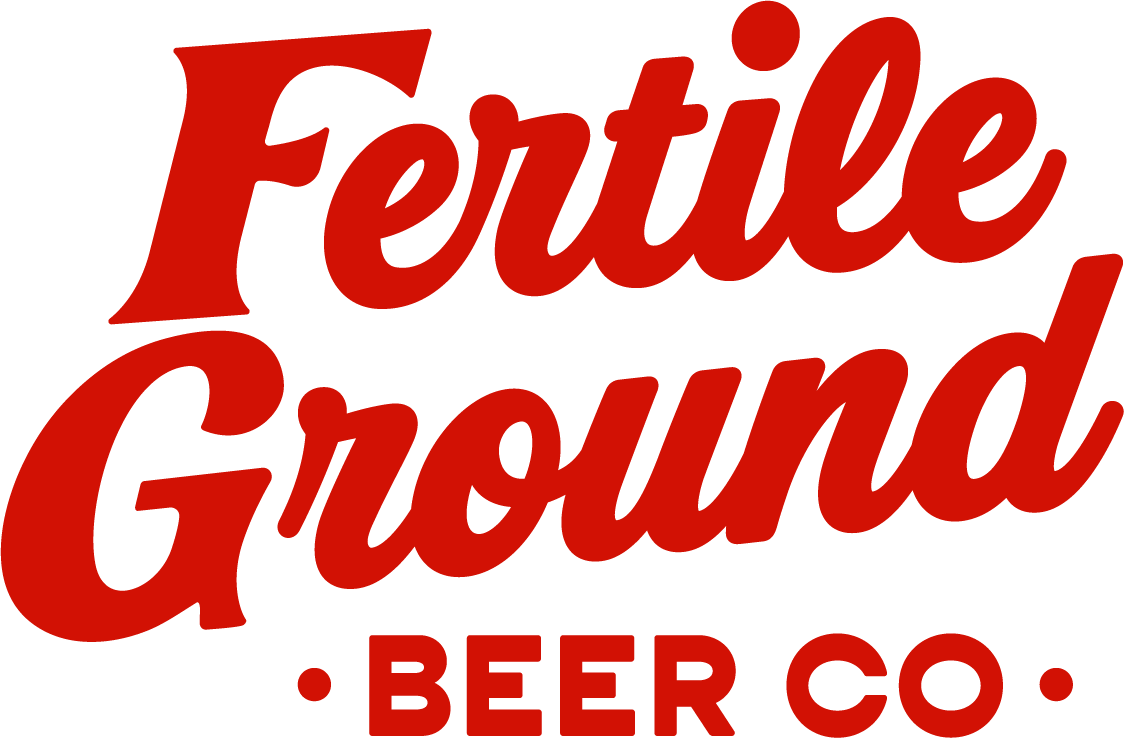Lagering Beer: The Art and Science Behind Cold Fermentation
August 14, 2024Lagering beer is a centuries-old brewing technique that has revolutionized the world of beer, giving rise to some of the most popular styles enjoyed globally today. From its origins in Central Europe to its modern adaptations worldwide, lagering represents a meticulous process that transforms raw ingredients into crisp, clean-tasting beers that delight palates across cultures.
Origins and Historical Development
The term "lager" originates from the German word "lagern," meaning "to store" or "to mature." Lager beer emerged in the Middle Ages in Central Europe, particularly in regions like Bavaria (Germany) and Bohemia (Czech Republic). Brewers in these regions discovered that fermenting beer at cooler temperatures and allowing it to mature in cold cellars or caves resulted in a smoother, cleaner taste compared to ales brewed at warmer temperatures.
Brewing Process
Lagering begins with the brewing of a malt-forward beer using bottom-fermenting yeast strains, typically Saccharomyces pastorianus. Unlike top-fermenting ale yeast, these strains ferment at cooler temperatures (usually between 7-13°C or 45-55°F) and settle at the bottom of the fermentation vessel. This slower fermentation process produces fewer fruity esters and a cleaner, crisper profile, allowing the malt and hops flavors to shine through.
After primary fermentation, the beer undergoes a period of cold conditioning known as lagering. During this phase, the beer is stored at near-freezing temperatures (0-4°C or 32-39°F) for several weeks to several months. This extended maturation period allows flavors to mellow, undesirable compounds to precipitate out, and the beer to clarify naturally.
Types of Lager Beer
Lager beers encompass a diverse range of styles, each with its own characteristics shaped by regional traditions and brewing techniques. Some notable lager styles include:
Pilsner: Originating from Plzeň (Pilsen), Czech Republic, Pilsner lagers are known for their pale color, pronounced hop bitterness, and crisp, refreshing finish.
Märzen/Oktoberfest: Originally brewed in Bavaria, Germany, Märzen lagers are amber to reddish-brown with a malty sweetness and a clean, dry finish. They are traditionally served during Oktoberfest celebrations.
Helles: A pale, golden lager from Bavaria, Helles lagers are malt-forward with a balanced hop bitterness and a smooth, clean taste.
Bock: A strong lager traditionally brewed in Germany, Bock beers vary from pale and hoppy to dark and malt-forward, with higher alcohol content and rich flavors.
Modern Techniques and Innovations
While traditional lagering methods emphasize cold fermentation and extended maturation, modern breweries employ technological advancements to refine and accelerate the process. Temperature-controlled fermentation tanks, yeast management systems, and filtration techniques ensure consistency and quality in large-scale production. Some breweries also experiment with dry-hopping or barrel-aging to impart additional flavors and complexity to lager beers while maintaining their characteristic clean profiles.
Cultural and Global Impact
Lager beer's popularity has transcended its European origins, becoming a global phenomenon cherished for its refreshing taste and versatility. Breweries around the world produce lagers that cater to diverse preferences, from light and easy-drinking session lagers to robust and flavorful craft interpretations. Its appeal lies in its approachable flavor profile, making it accessible to both seasoned beer enthusiasts and newcomers alike.
Conclusion
Lagering beer represents a marriage of tradition, science, and craftsmanship that continues to evolve and inspire brewers worldwide. From its humble beginnings in medieval Europe to its current status as a cornerstone of global beer culture, lager beer exemplifies the artistry and innovation inherent in brewing. Whether enjoyed at a local pub, festival, or brewery tour, lager beer offers a taste of history and a testament to the enduring legacy of cold fermentation in the world of brewing.
